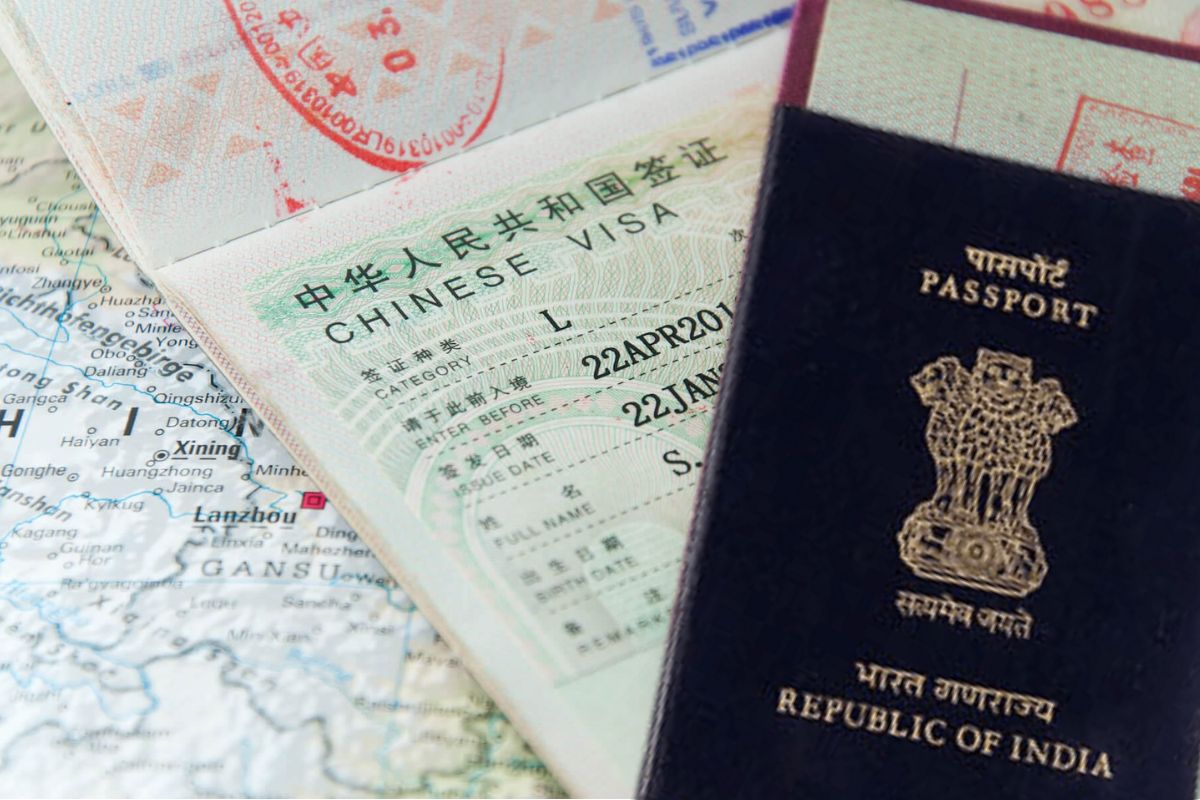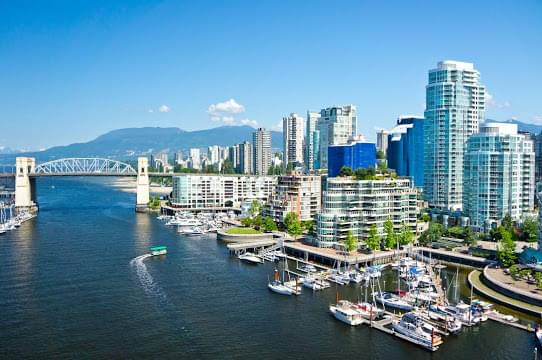Are you dreaming of exploring the breathtaking landscapes, immersing yourself in the rich Maori culture, and experiencing thrilling adventures in New Zealand? Well, before you pack your bags and embark on this unforgettable journey, it’s crucial to ensure that you avoid any unexpected hurdles along the way. One such hurdle is overstaying your visa. In this blog post, we’ll provide you with valuable tips and advice to help you navigate the intricacies of New Zealand’s visa regulations so that your adventure remains nothing short of extraordinary. So grab a cup of coffee, sit back, and let’s dive into how to stay on the right side of immigration laws while unlocking all that Aotearoa has to offer! NEW ZEALAND TRANSIT VISA
What is an Overstay on a New Zealand Visa?
If you are visiting New Zealand for a short stay, the maximum time you can be in the country is three months. If you are visiting for a longer period of time, or if you want to stay multiple years, you will need to apply for a visa.
There are a few ways to avoid overstaying your visa. The first is to plan your visit well in advance and make sure that you have everything sorted out including your visa application. If you overstay your visa, the consequences can include having to leave the country and face possible fines and/or arrest.
The other way to avoid overstaying is by following the rules of New Zealand immigration. Make sure that you do not overstay your visa by staying within the limits set by Immigration officials. If you do overstay your visa, there are some measures that you can take in order to shorten or even avoid any potential penalties.
How to Avoid an Overstay on a New Zealand Visa
If you’re planning on travelling to New Zealand for an extended period of time, it’s important to understand the visa requirements in order to avoid any potential overstays. Here are a few tips to help avoid an overstay:
1. Plan your trip well in advance. The sooner you apply for your visa, the less chance there is of having to apply again if you encounter a delay or have some unforeseen issue while travelling.
2. Prepare all of the necessary documentation ahead of time. This includes your passport photo, your passport copy with visas and stamps already affixed, copies of your tickets, financial documents (bank statements, proof of funds), and any other relevant paperwork required by the embassy or consulate. This will make the process much easier and reduce the likelihood of missing required documentation or having to go back to town for additional copies.
3. Make sure you have all of your passports and other travel documents ready before you arrive in New Zealand. If you need to submit any additional paperwork after arriving in New Zealand (such as a health certificate), do so as soon as possible so that processing time isn’t wasted waiting for documentation that may not be needed. OVERSTAY ON NEW ZEALAND VISA
4. Be aware of the various visa exemption categories that exist in New Zealand. Some people may be allowed into New Zealand without a visa if they are visiting family members or doing business with approved representatives (as long as certain criteria are met). It’s important to check with the embassy or
Tips for Travelers Who Are Visiting New Zealand for an Extended Period of Time
If you are planning on spending an extended period of time in New Zealand, it is important to familiarize yourself with the visa regulations in order to avoid overstaying your visa.
New Zealand citizens who are visiting the country for less than three months do not need a visa. Nationals of Canada, Japan, United Kingdom (including Northern Ireland), and United States can stay for up to three months without a visa if they have a valid passport and a return ticket. For visitors from other countries, the visa requirements vary depending on your nationality. Click here for more information about the New Zealand visa process.
If you are planning on staying in New Zealand for longer than three months, you will need to apply for a visitor’s visa. The application process can be a bit tricky, so it is best to consult with an immigration lawyer or consulate before starting the application process. There are several requirements that must be met in order to qualify for a visitor’s visa, including having sufficient funds available to cover your expenses while in New Zealand and having health insurance coverage while in the country. If you meet all of the requirements, you will then need to provide documentation supporting your stay in New Zealand, such as an invitation letter from friends or family members living in New Zealand or proof of employment opportunities available in New Zealand. You will also need to show evidence that you will leave the country when your visitor’s visa expires. Overstaying your visitor’s visa can result in fines and/or imprisonment.
Conclusion
If you are planning to stay in New Zealand for more than three months, it is important to know the ins and outs of the visa process so that you avoid any potential issues. In this article, we provide tips on how to avoid overstays on your new Zealand visa, as well as advice on what to do if an issue does arise. By following these tips, you will be able to enjoy your stay in New Zealand without any hassles.



